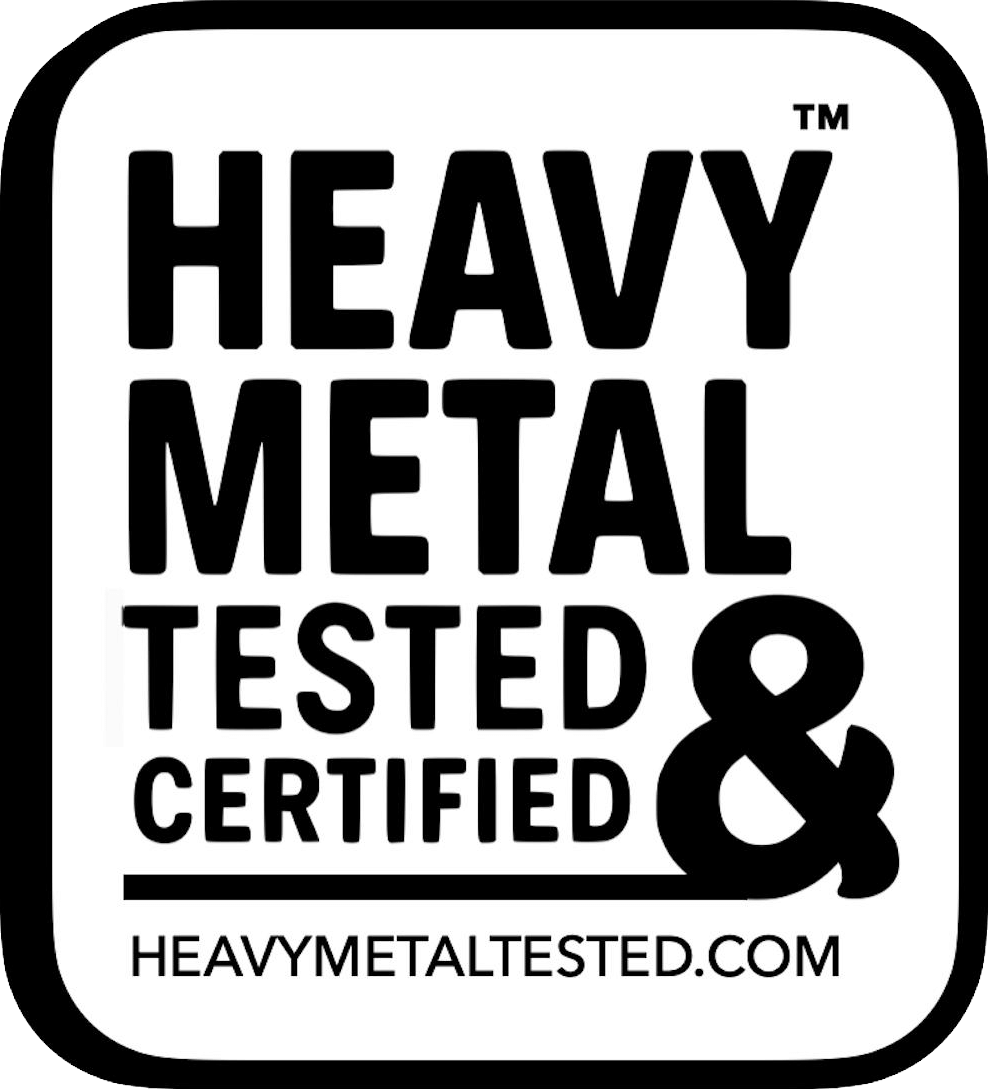2025-11-03 15:18:05
Cadmium Mitigation in Cocoa: Field GuidanceCadmium mitigation in cocoa using lime and biochar showed strong lab and greenhouse efficacy, with field performance dependent on rate, placement, and rainfall. Lime gave rapid, larger reductions; biochar offered longer persistence.

